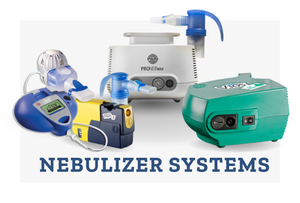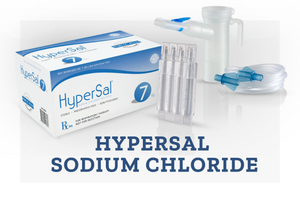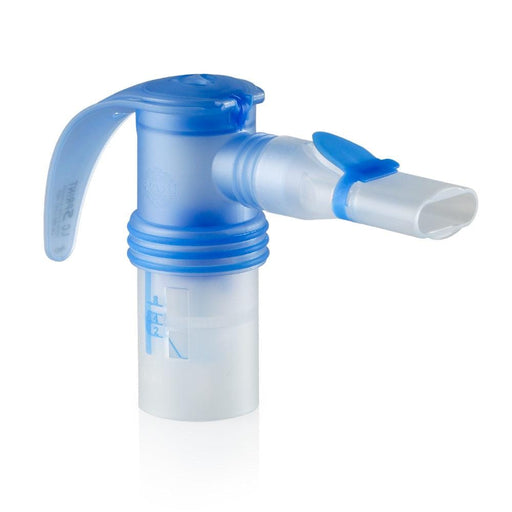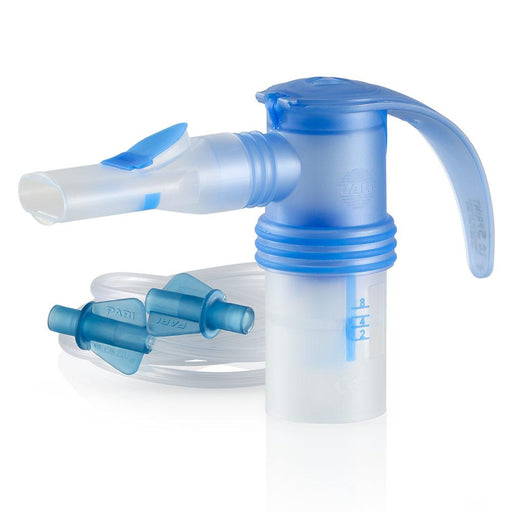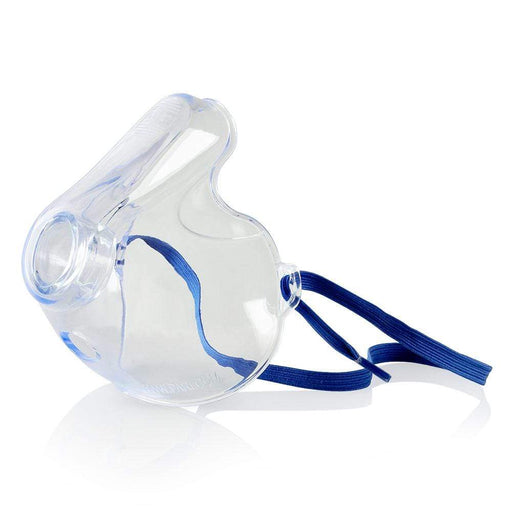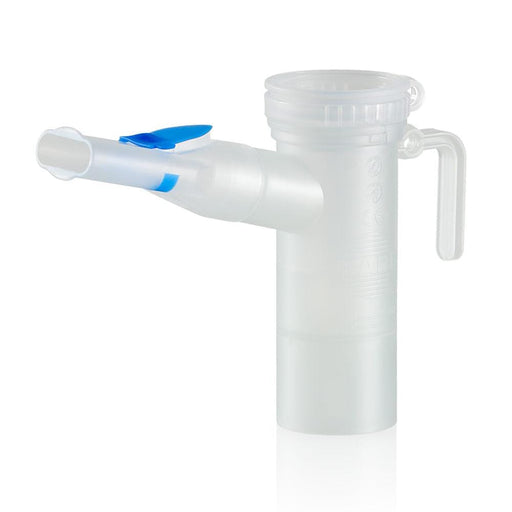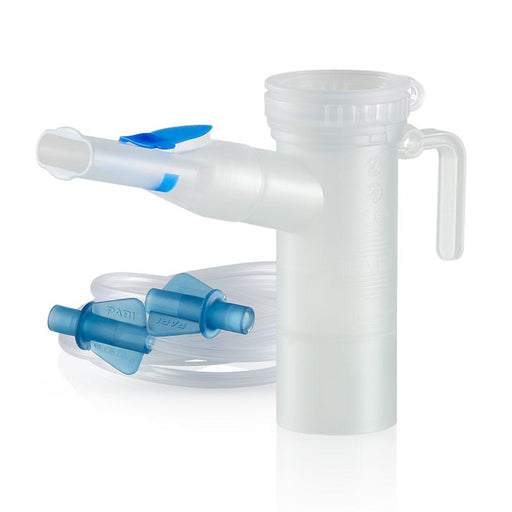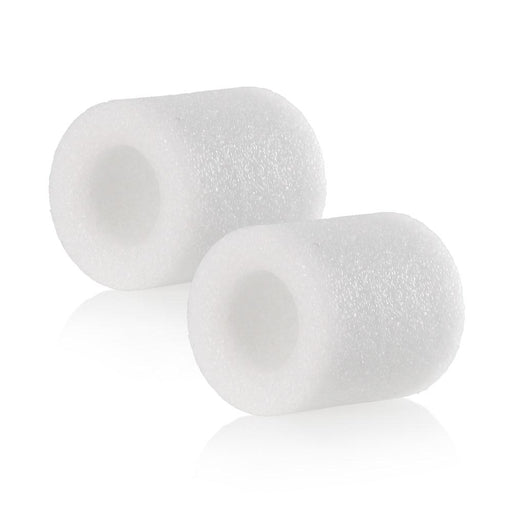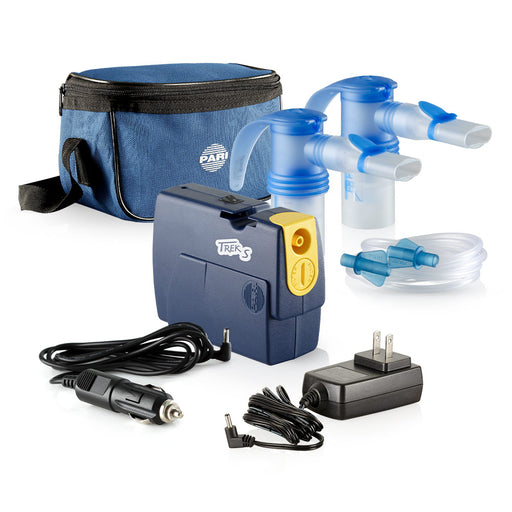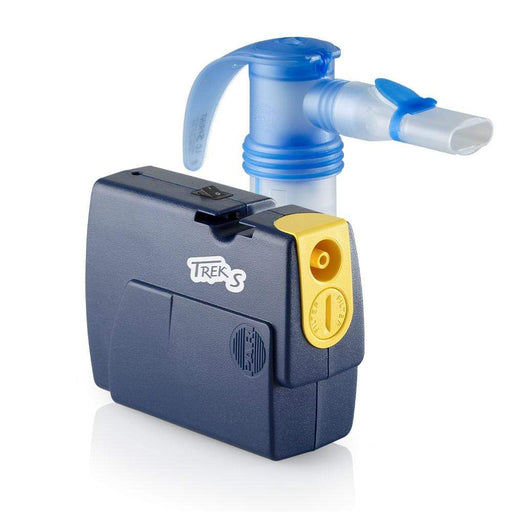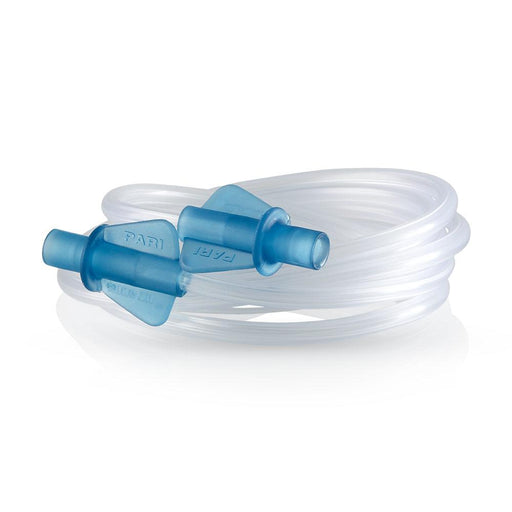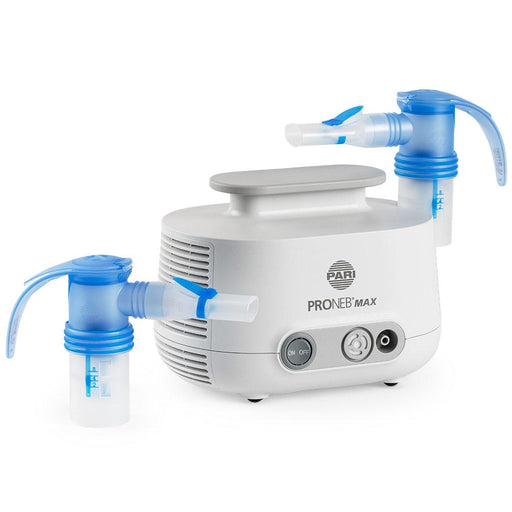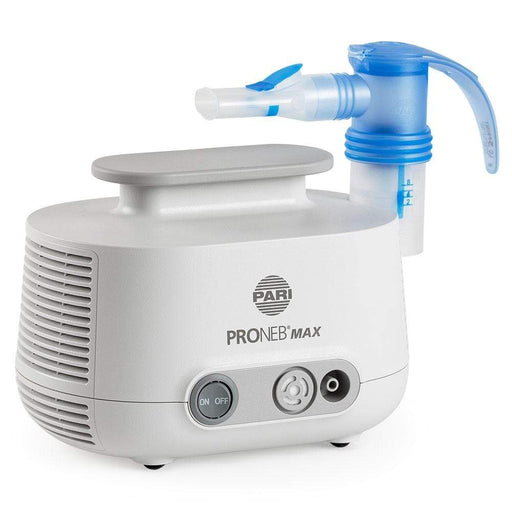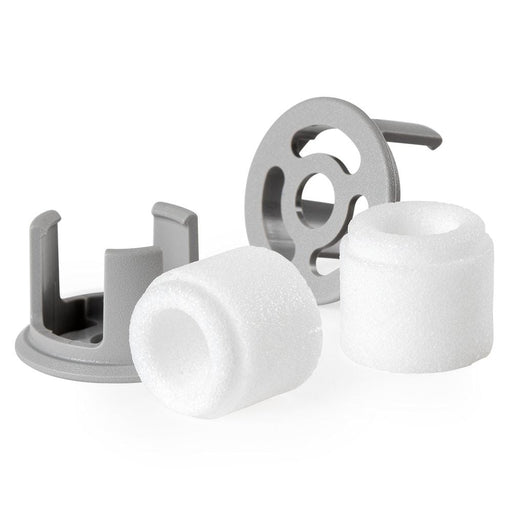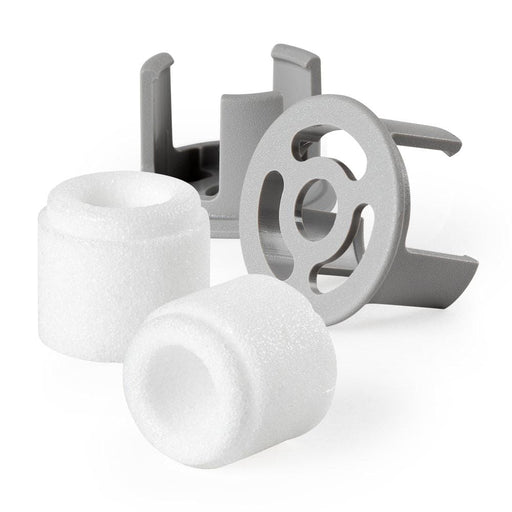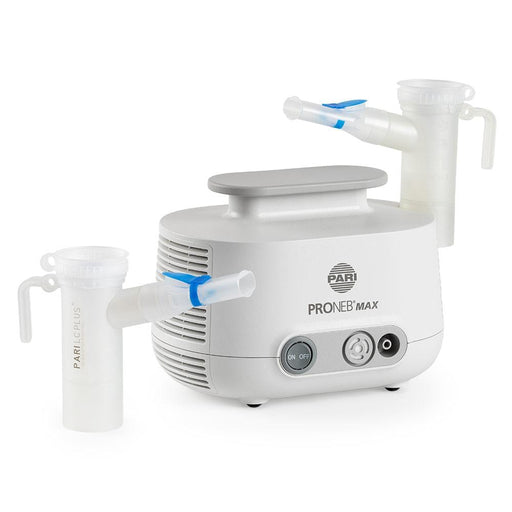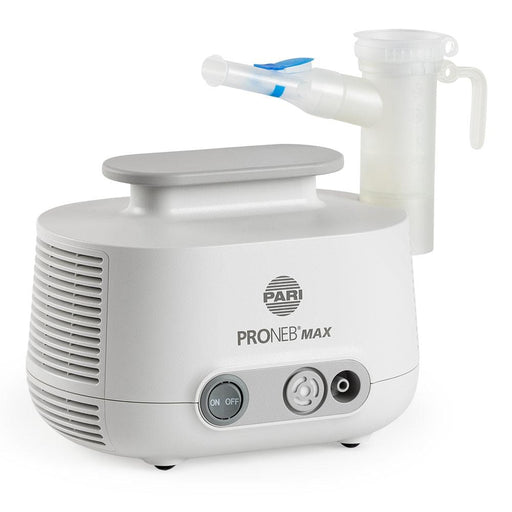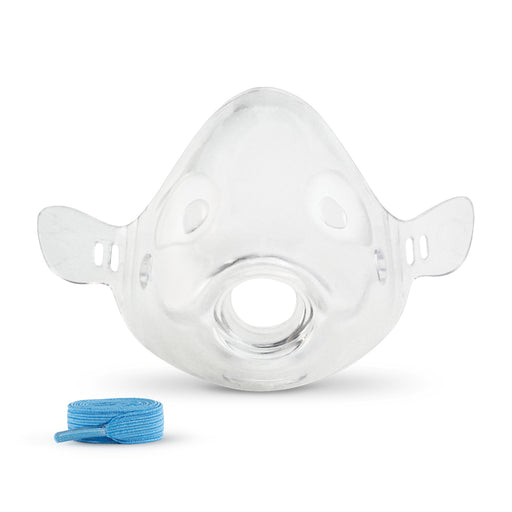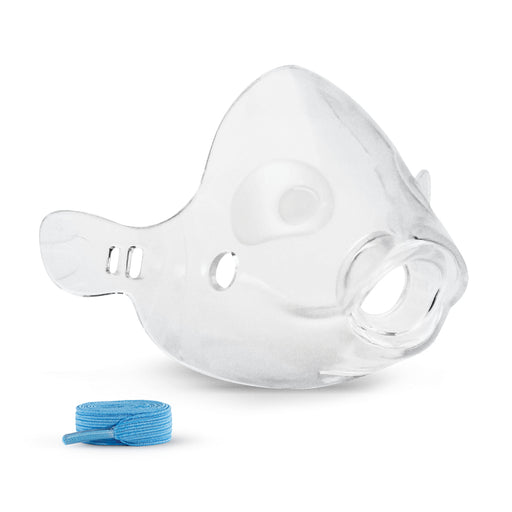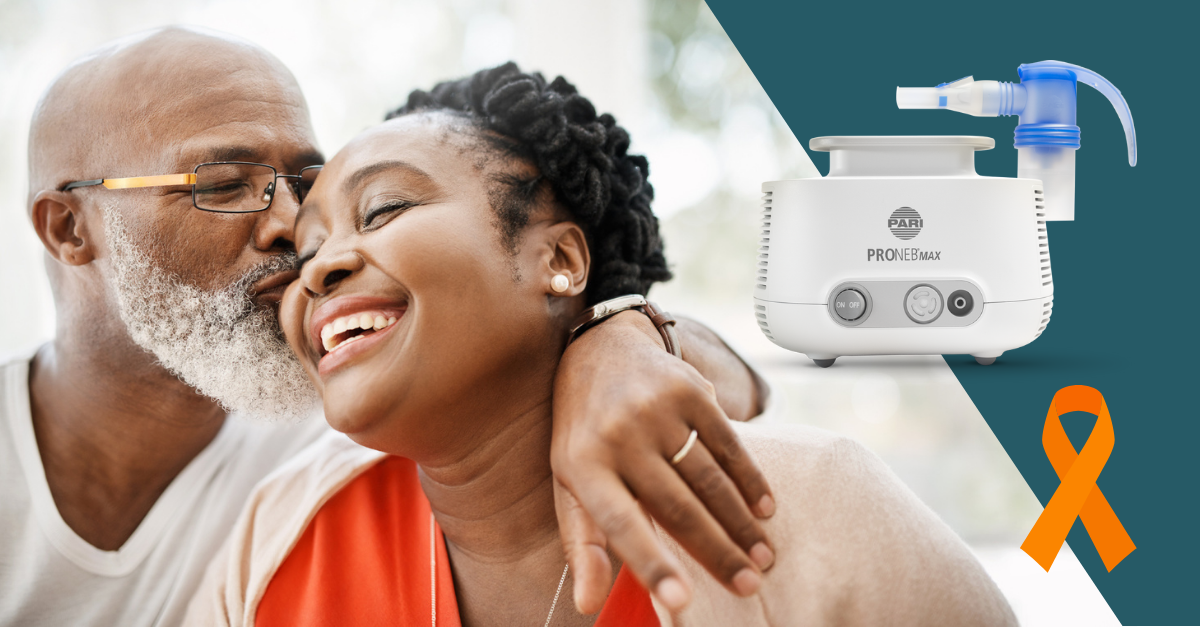
COPD Awareness Month: Spotlight on Better Breathing Solutions
Chronic obstructive pulmonary disease (COPD) is a respiratory condition that causes chronic breathing issues for sufferers. This respiratory illness affects more than 15 million people in the United States who are diagnosed and almost the same number who are not diagnosed. Despite being so common, many people are not aware of this often preventable lung disease. As a result, millions of Americans are unaware they are at risk of COPD. What’s worse is that they may not know how to avoid developing this respiratory illness, or that there are treatments to help sufferers breathe better.
To help bring awareness to this pulmonary condition, many doctors and health organizations come together each November for COPD Awareness Month. During this annual event, healthcare professionals and people with COPD work to promote a better understanding of this respiratory illness along with its symptoms, causes, and risk factors.
The National Institutes of Health (NIH) provides sample posts and graphics people can use on social media using the hashtags #COPDMonth and #BreatheBetter – the organization even promises to like and share Facebook and Twitter posts that use the tag @BreatheBetter. The COPD Foundation also offers shows, webinars, and podcasts during COPD Awareness Month.
Most importantly, COPD Awareness Month allows people with the disease to learn about treatments that may help them to breathe easier and have a better quality of life. One treatment option – which has been proven to benefit many sufferers of COPD to breathe better – is to use a nebulizer with prescribed nebulizer medications designed to treat the airways.
What is COPD?
Your lungs work hard to absorb oxygen from the air you breathe. When you inhale, they take in oxygen from the air and move it into tiny blood vessels. These blood vessels then deliver the oxygen-rich blood to the rest of your body. When you exhale, your lungs move carbon dioxide and other toxins from your bloodstream and release them into the air.
COPD is an umbrella term for a group of diseases that cause breathing problems, such as chronic bronchitis and emphysema. COPD thickens and inflames the airways in your lungs. This obstructs the flow of air in and out of your lungs, making it more difficult to exchange oxygen and carbon dioxide.
COPD is a progressive disease that causes shortness of breath and can prevent sufferers from being active, often leading to other health issues like obesity. According to the American Lung Association, COPD is also the third leading cause of disease-related deaths in the United States.
Smoking is the biggest risk factor for COPD. In fact, 85 to 90 percent of all cases are the result of smoking. Other risk factors include breathing secondhand smoke, exposure to air pollution, working with certain chemicals, a history of childhood respiratory infections, and genetics.
Symptoms of COPD include chronic cough, shortness of breath, fatigue, coughing up mucus, and wheezing. These symptoms – if left untreated – worsen with time. You can also experience flare-ups (known among medical professionals as exacerbations), making breathing even more difficult.
While there is no cure for COPD, treatment can help you breathe better, experience fewer flare-ups, and do more of the things you enjoy! One of the main ways to treat COPD effectively is to inhale medications directly to the lung. Inhaled medications are the cornerstone of treatment for COPD because, rather than taking a pill, this gets the medicine directly into your lungs.
Some devices that deliver inhaled medications to the lungs require a special breathing technique. Specifically, these devices are called inhalers or MDIs (metered dose inhalers), which are handheld devices that deliver a small spray of medicine to the lungs.
Unfortunately, inhalers only work if you can inhale correctly to get the medication deeply into your lungs. For many sufferers of COPD, this is difficult to do. This means you may not be getting proper or effective treatment from inhalers.
However, there is an alternative delivery system that may provide substantial improvement and more effective distribution of medicine, especially for those that have trouble using inhalers: nebulizers. Nebulizer treatments for COPD can make it easier to inhale the medicines your doctor prescribes. There is no special breathing or breath-hold technique to get a therapeutic dose of medication with a nebulizer. A person with COPD can simply inhale and exhale to the best of their ability for the treatment to be beneficial.
Why Is Nebulizer Treatment for COPD Better?
A nebulizer turns liquid medicine into a mist that makes it easier to inhale into the lungs. Nebulizers deliver aerosol medicine over several minutes, during which time patients must breathe normally through their mouth.
Nebulizer Medications for COPD
Unlike some inhalers, a nebulizer can turn nearly any COPD liquid medicine into a mist. They are also easy to use. Simply pour the liquid medicine into the cup, connect the tubing, and breathe normally through a handheld mouthpiece or face mask.
Some nebulizer medications for COPD include:
- Bronchodilators to open airways
- Antibiotics that treat lung infections
- Corticosteroids that treat inflammation in the lungs
- Mucolytic agents which break up thick mucus and make it easier to cough up
- Anticholinergics to open airways
Nebulizers can distribute any of these medications to keep your COPD symptoms under control on a day-to-day basis. You can also use nebulizers for instant relief from a flare-up. For example, your doctor might recommend using inhaled short-acting bronchodilator in your nebulizer for COPD exacerbation. While these medicines often come in the form of rescue inhalers, they can be difficult to use when you are already having trouble breathing. Using short-acting beta-agonists in a nebulizer can help you overcome flare-ups faster and more effectively because it does not require you to inhale deeply and slowly like an inhaler does.
Buying a Nebulizer During COPD Awareness Month
Since everyone in the medical field is talking about this respiratory disease during November, COPD Awareness Month may be the best time to consider buying a nebulizer. Many patients who suffer from COPD benefit from using a compact compressor nebulizer at home, where these powerful and sturdy units consistently deliver medicated mist or aerosol into your lungs. You can also opt for a battery-operated nebulizer while traveling, at work, or to keep handy in case of emergency.
The best nebulizer for COPD is one that is easy to use, efficiently converts liquid medicine into mist, and delivers a fast and efficient treatment into your lungs. It should also be a durable, high-quality product distributed by a name you can trust, like Nebology.
For more information about COPD Awareness Month or to learn more about nebulizer treatments for this respiratory condition, consult with your doctor. For clinically proven nebulizers from a trusted name, visit our site or contact our team at Nebology.
SHOP CLINICALLY PROVEN SYSTEMS & SUPPLIES
-
PARI LC Sprint Reusable Nebulizer Cup & Tubing: Speed & Comfort Combined
Original price $15.95 - Original price $15.95Original price$15.95$15.95 - $15.95Current price $15.95In stockOriginal price $15.95 - Original price $15.95Original price$15.95$15.95 - $15.95Current price $15.95 -
PARI LC Adult Aerosol Mask: Comfortable, Effective Medication Delivery
Original price $6.00 - Original price $6.00Original price$6.00$6.00 - $6.00Current price $6.00In stockOriginal price $6.00 - Original price $6.00Original price$6.00$6.00 - $6.00Current price $6.00 -
PARI LC Plus Reusable Nebulizer Cup & Tubing: Reliable Aerosol Delivery
Original price $15.95 - Original price $15.95Original price$15.95$15.95 - $15.95Current price $15.95In stockOriginal price $15.95 - Original price $15.95Original price$15.95$15.95 - $15.95Current price $15.95 -
Filters for PARI Vios, Ultra II, and Trek S System - 2 Per Package
Original price $9.45 - Original price $9.45Original price$9.45$9.45 - $9.45Current price $9.45In stockOriginal price $9.45 - Original price $9.45Original price$9.45$9.45 - $9.45Current price $9.45 -
PARI Trek S Portable Nebulizer System with LC Sprint: High-Quality On-the-Go Therapy
Original price $79.00 - Original price $189.00Original price$79.00 - $189.00$79.00 - $189.00Current price $79.00In stockOriginal price $79.00 - Original price $189.00Original price$79.00 - $189.00$79.00 - $189.00Current price $79.00 -
PARI Wing Tip Tubing: Secure, Tangle-Free Connection for Better Treatments
Original price $8.00 - Original price $8.00Original price$8.00$8.00 - $8.00Current price $8.00In stockOriginal price $8.00 - Original price $8.00Original price$8.00$8.00 - $8.00Current price $8.00 -
PARI PRONEB Max Nebulizer System with LC Sprint: Powerful & Efficient
Original price $99.00Original price $99.00 - Original price $99.00Original price $99.00Current price $84.99$84.99 - $84.99Current price $84.99In stockOriginal price $99.00Original price $99.00 - Original price $99.00Original price $99.00Current price $84.99$84.99 - $84.99Current price $84.99Sale -
Filters for PARI PRONEB Max System (2 Per Package): Clean, Efficient Treatments
Original price $9.95 - Original price $9.95Original price$9.95$9.95 - $9.95Current price $9.95In stockOriginal price $9.95 - Original price $9.95Original price$9.95$9.95 - $9.95Current price $9.95 -
PARI PRONEB Max Nebulizer System with LC Plus: Effective Heavy-Duty Therapy
Original price $99.00Original price $99.00 - Original price $99.00Original price $99.00Current price $84.99$84.99 - $84.99Current price $84.99In stockOriginal price $99.00Original price $99.00 - Original price $99.00Original price $99.00Current price $84.99$84.99 - $84.99Current price $84.99Sale -
PARI Bubbles Pediatric Aerosol Mask: Gentle, Fun Treatments for Kids
Original price $5.95 - Original price $5.95Original price$5.95$5.95 - $5.95Current price $5.95In stockOriginal price $5.95 - Original price $5.95Original price$5.95$5.95 - $5.95Current price $5.95

